Hi there, thank you for taking the time to read this. Today I wanted to cover in some detail the method of ‘auditing’. You have probably heard the term in other contexts but we need to understand what a powerful tool this can be in the context of recovery, so let’s get started!
The first thing we need to address is the concept of ‘positive bias’. We need to level the playing field here! What I mean is that if you have been suffering with forms of addiction for several years then the ‘playing field’ is probably leaning way over to the ‘low self image’ side. You have probably been putting yourself down for years and without realising it you have created a warped view of yourself and your behavour. In order to correct this we need to be committed to daily practice of ‘positive bias’. What does this mean exactly? Well the best way to think about it is to think of a boat that you are steering across the bay to the harbor on the other side. There is a wind blowing from the right, say twenty miles an hour. Now, if you steer straight for the harbor what is going to happen? Exactly, you are going to miss it, so what do you do? You ‘allow’ for the wind, steering somewhat to the right and you end up where you want to go. So in this picture the boat is your attitude, the harbor is recovery and the wind is your negative bias, get it? You will.
It’s the same with your attitude, for years you have been putting yourself down until it has become ‘normal’ for you. We need to introduce a positive bias so you will end up where you want to go. This is the auditing process. Let’s look in detail at how it works.
When anything feels different from how it used to, take five minutes to do an ‘audit’ on it. Just sit down and picture in your left hand what you would have done before you started the recovery process. Let’s say you just had an argument with your partner and you are a little confused and down. Ask yourself what you would have done in the past. It could go something like this “I would always go and get drunk after a fight”. Now it’s important that you allow yourself to go to the very worst case scenario here, don’t make anything up but remember the very worst thing that happened in the past. Go through the event and when you have done it look at your right hand and tell yourself what you did different this time, it might go like this “we had a bad fight but I did not want to drink during any part of it, or after”. Keep looking at what was different and better. Now compare the two and find your gratitude, feel good about your progress and congratulate yourself, really go to town with the celebration, speaking it out loud if you can. Over time this will make for a level playing field and help you take a more neutral view of what is happening around you.
So that is the auditing process, sounds simple but it is very powerful and will expose your negative attitudes, and help to change them!
Till next time, keep going, it’s working!





0 Comments